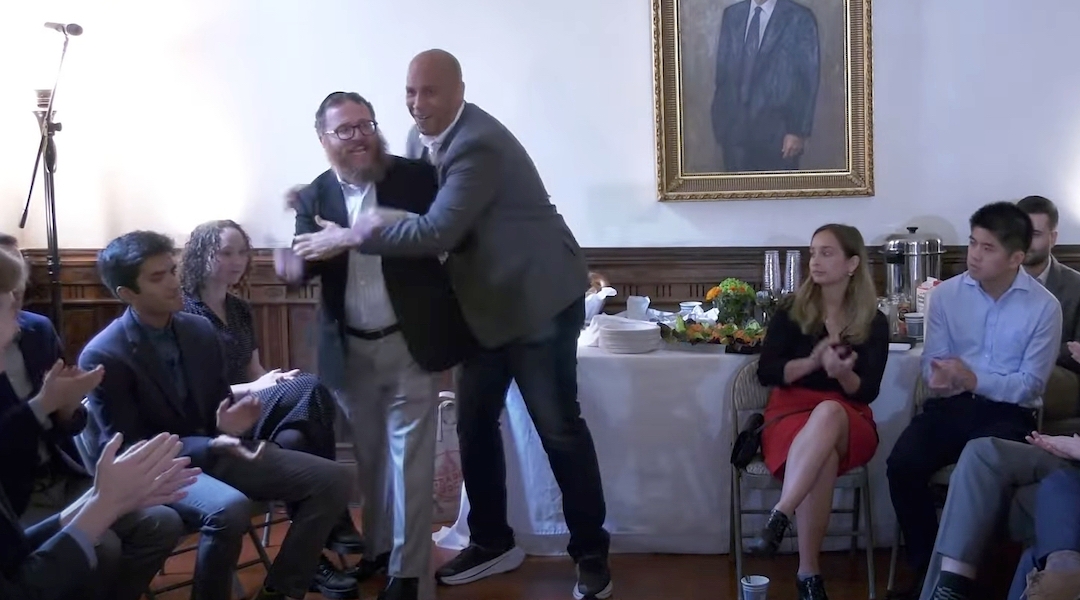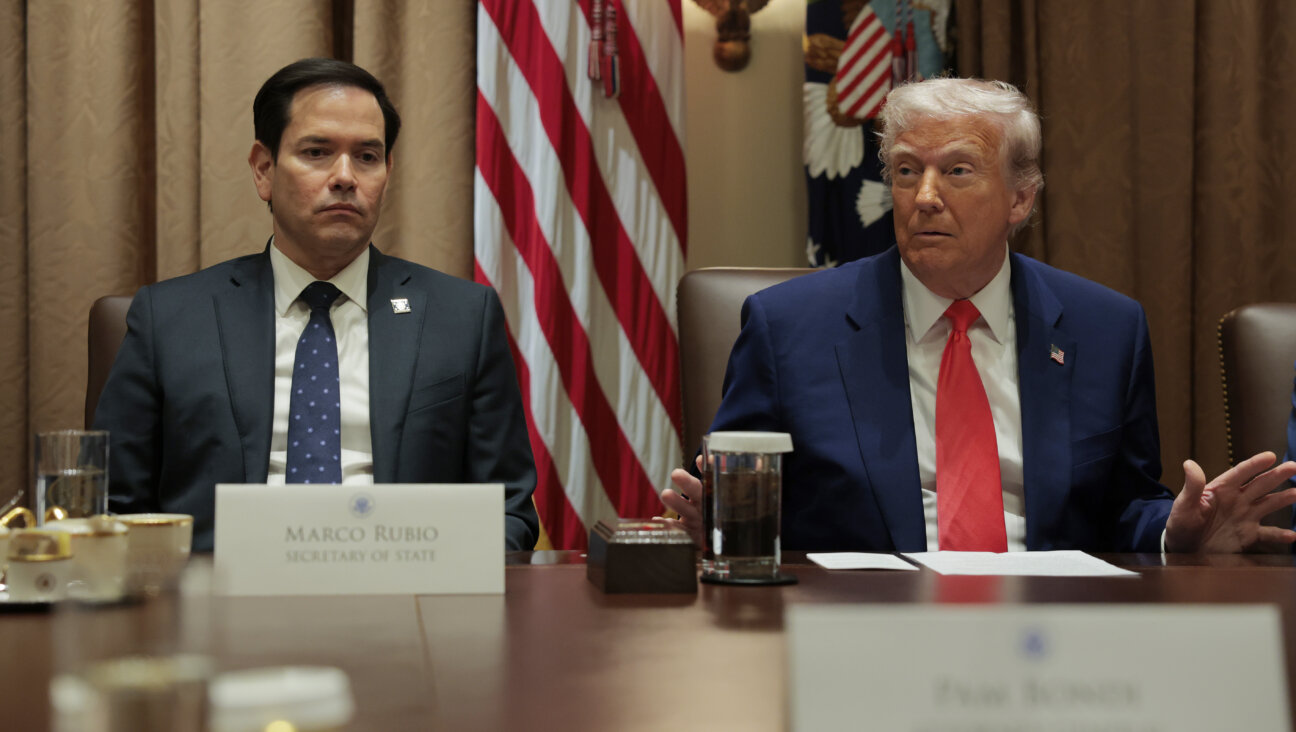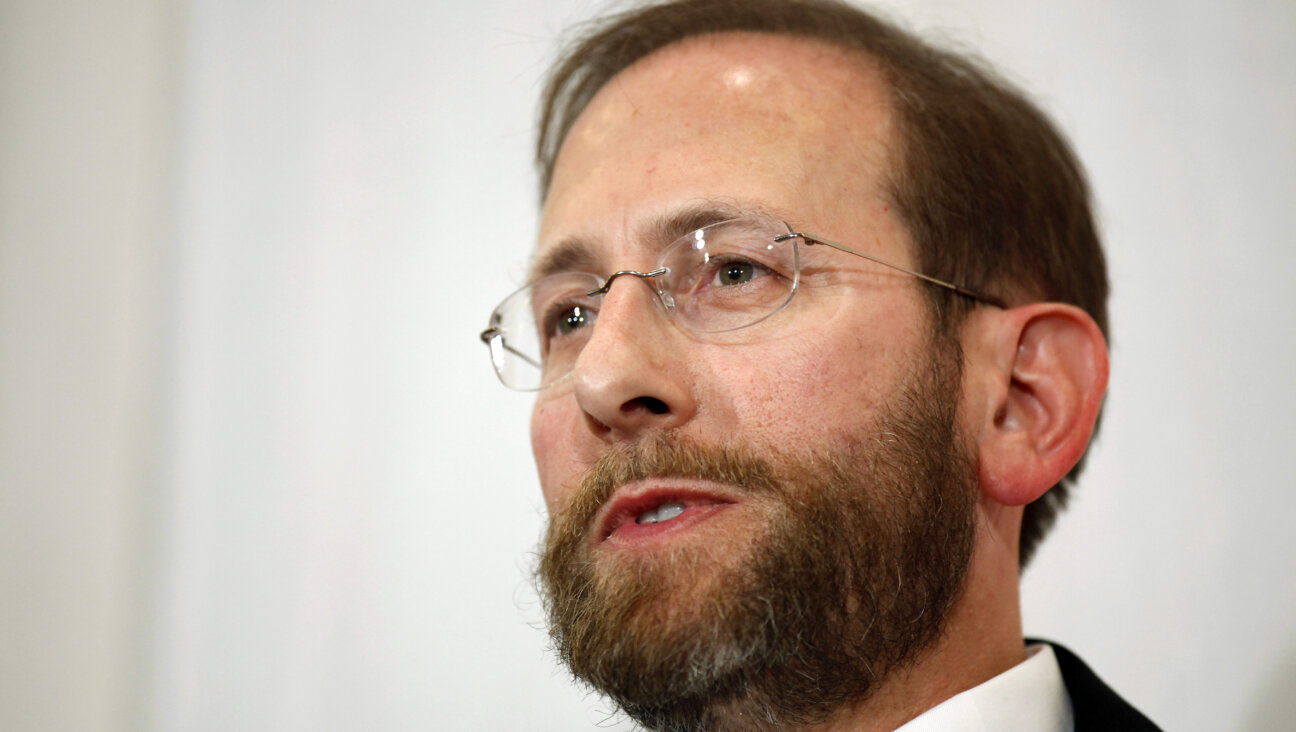Arab Leaders Pessimistic About Summit
The absence of Arab governments from the Camp David summit in 2000 was by most accounts a major factor in the breakdown in Israeli-Palestinian peace talks and the subsequent outbreak of the second inifada. With the warring parties set to make another go of negotiations next week in Annapolis, Md., Washington appears to have learned from the mistake, sending out invitations to key Arab countries this time around.
But while the Bush administration is being lauded for opening up the talks to other actors in the region, there is precious little optimism driving the peace summit forward. Indeed, concerns are now being aired that the conference, if it does not produce tangible results, may very well backfire on those pushing to resolve the conflict.
“Arabs will be very disappointed, angry, but not surprised at what virtually all observers anticipate will be an event with minimal substance,” said David Mack, vice president of the Middle East Institute and a former deputy assistant secretary of state for Near East affairs. “Key Arab governments were prepared to invest lots of prestige and concrete resources in a conference and follow-up process if it had been what Mahmoud Abbas appears to have hoped for at an earlier time. This will be a huge blow to his prestige and will weaken the position of his key backers from Washington to Cairo to Riyadh. Naysayers like Hamas, Hezbollah, Iran and Syria will emerge with enhanced credibility and, in all too many cases, influence.”
Seemingly acknowledging the summit’s limited prospects for success, the Bush administration, extended invitations at the foreign minister level except in the cases of Israel and the Palestinian Authority. Furthermore, the length and scope of the meeting, not to mention the final list of invitees, were still being discussed as of press time.
America’s allies in the region “would have sent senior representatives had they known that Israel agreed to a joint declaration on all four major core issues in line with Abu Mazen’s demands,” said Amatzia Baram, a University of Haifa professor of Middle Eastern history, in reference to Jerusalem, Israeli settlements, borders and Palestinian refugees.
Ironically, one exception could be Syria, which the United States decided to invite after weeks of speculation, and which indicated an interest in participating in the summit. A Syrian diplomat said that Damascus’s explicit demand for participation was that the Golan Heights, which Syria wants fully returned in exchange for peace with Israel, be on the conference’s agenda.
But perhaps the most enigmatic participant at the conference is Saudi Arabia, which has emerged as the leading Arab voice on the Israeli-Palestinian issue, a role traditionally played by Egypt. Riyadh stepped out from its normal reticent diplomatic position to help broker a Palestinian unity government in March, but in June the alliance between Fatah and Hamas fell apart after Hamas violently took control of Gaza. With the Palestinian territories effectively partitioned into a Fatah-controlled West Bank and a Hamas-run Gaza, the degree to which Saudi Arabia is willing to invest itself in peace talks remains unclear.
“The Saudis know there will be no real deal without reconciliation between Fatah and Hamas,” said Rashid Khalidi, a professor of Arab studies at Columbia University’s Middle East Institute. “They don’t want Annapolis to be just a piece of paper everybody signs and then nothing happens.”
The Forward is free to read, but it isn’t free to produce

I hope you appreciated this article. Before you go, I’d like to ask you to please support the Forward.
Now more than ever, American Jews need independent news they can trust, with reporting driven by truth, not ideology. We serve you, not any ideological agenda.
At a time when other newsrooms are closing or cutting back, the Forward has removed its paywall and invested additional resources to report on the ground from Israel and around the U.S. on the impact of the war, rising antisemitism and polarized discourse.
This is a great time to support independent Jewish journalism you rely on. Make a gift today!
— Rachel Fishman Feddersen, Publisher and CEO
Support our mission to tell the Jewish story fully and fairly.
Most Popular
- 1

Opinion The dangerous Nazi legend behind Trump’s ruthless grab for power
- 2

Opinion A Holocaust perpetrator was just celebrated on US soil. I think I know why no one objected.
- 3

Culture Did this Jewish literary titan have the right idea about Harry Potter and J.K. Rowling after all?
- 4

Opinion I first met Netanyahu in 1988. Here’s how he became the most destructive leader in Israel’s history.
In Case You Missed It
-

Culture I have seen the future of America — in a pastrami sandwich in Queens
-

Culture Trump wants to honor Hannah Arendt in a ‘Garden of American Heroes.’ Is this a joke?
-
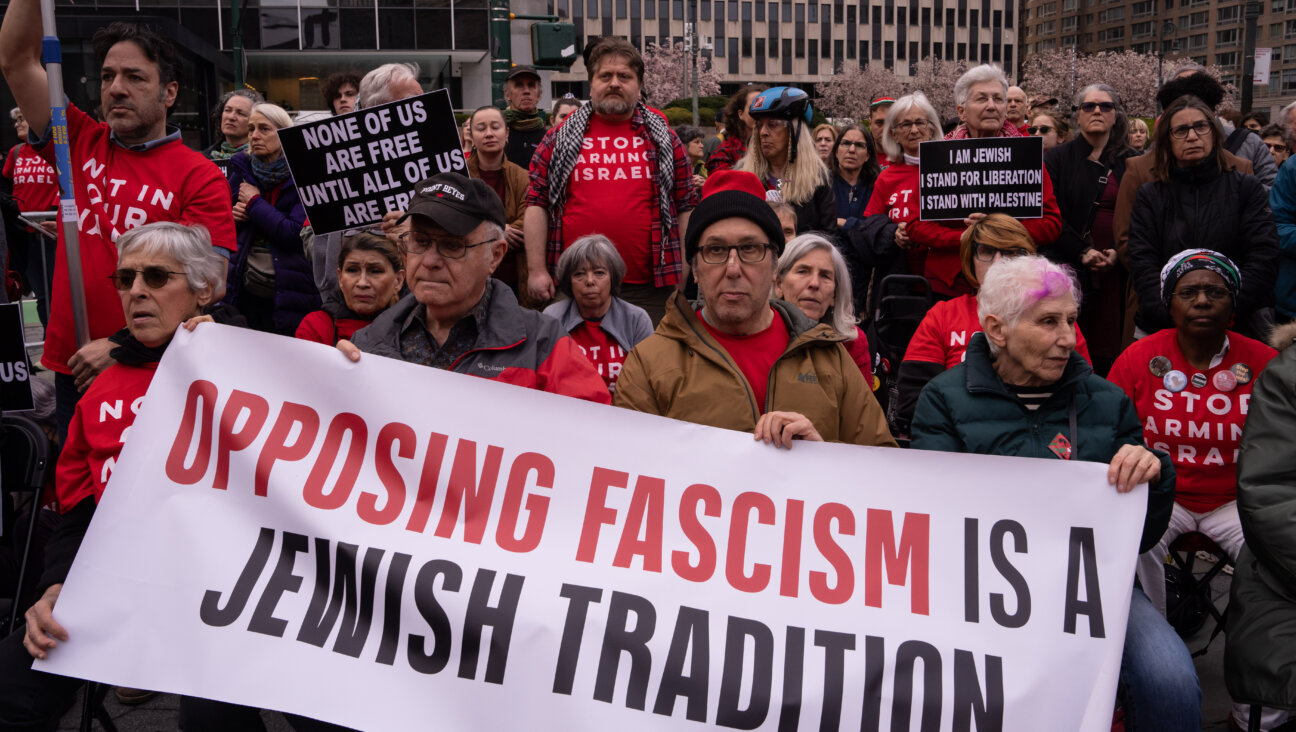
Opinion Gaza and Trump have left the Jewish community at war with itself — and me with a bad case of alienation
-
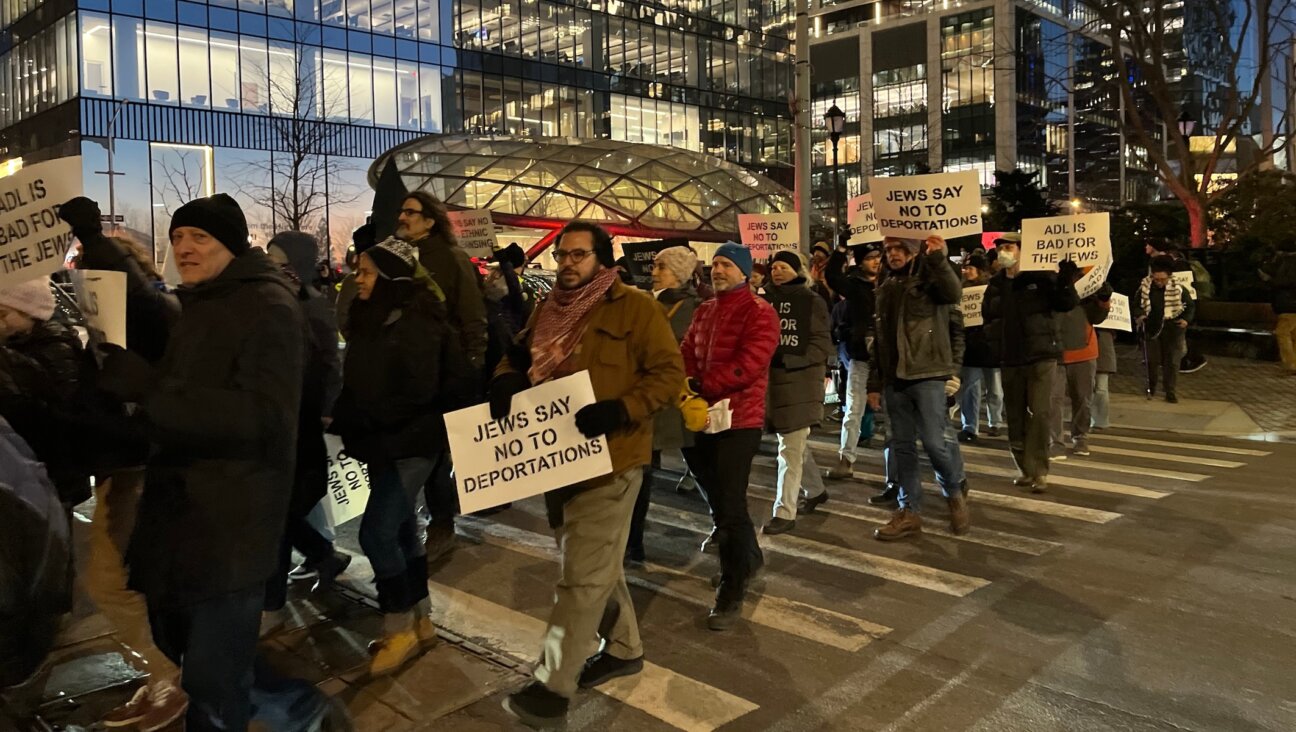
Fast Forward Trump administration restores student visas, but impact on pro-Palestinian protesters is unclear
-
Shop the Forward Store
100% of profits support our journalism
Republish This Story
Please read before republishing
We’re happy to make this story available to republish for free, unless it originated with JTA, Haaretz or another publication (as indicated on the article) and as long as you follow our guidelines.
You must comply with the following:
- Credit the Forward
- Retain our pixel
- Preserve our canonical link in Google search
- Add a noindex tag in Google search
See our full guidelines for more information, and this guide for detail about canonical URLs.
To republish, copy the HTML by clicking on the yellow button to the right; it includes our tracking pixel, all paragraph styles and hyperlinks, the author byline and credit to the Forward. It does not include images; to avoid copyright violations, you must add them manually, following our guidelines. Please email us at [email protected], subject line “republish,” with any questions or to let us know what stories you’re picking up.







